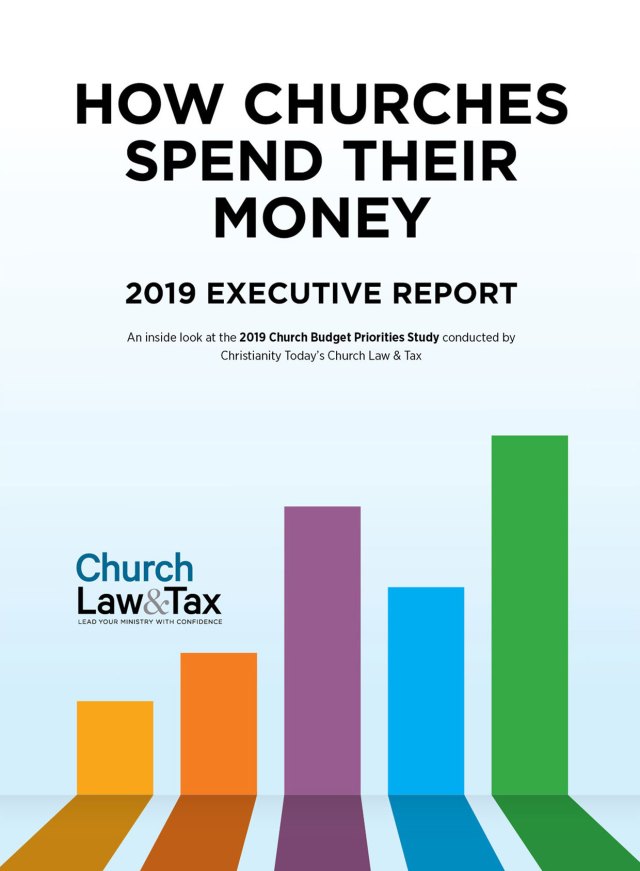How are churches faring in the lending market? We found answers in an interview with Mark Holbrook, president and CEO of the Evangelical Christian Credit Union, and Mike Koch, ECCU’s senior vice president and chief financial officer. The two provided valuable perspective regarding how salaries will affect a church’s mortgage loan application.
What is a common challenge or deficiency you encounter when evaluating a church’s request for a mortgage loan?
Mark: One issue that we see more often than we’d like to is that a church’s salaries as a percentage of its operating expenses is just too high. One of two things is going on. Either the church just built up the staff too high relative to the total cash flows—and that puts a huge strain on it. Or, to be frank, senior leadership is just getting paid too much relative to income.
So what would be a good percentage of salaries out of the operational budget?
Mike: That’s a bit of a loaded question because it ranges, and it’s certainly relative to how much debt an organization has or wants to take on. In general, it’s a 35-percent range that a church can build a really strong case that it’s within the boundaries of a very well-run ministry. The church certainly wouldn’t want a percentage of its income going to debt and salary combined to be anything more than 65 percent. So, if a church pays salaries and benefits at 35 percent, then it has maybe 30 percent of its available income for debt service. It is important to keep total leverage at a manageable level, down at about 20 percent. The church wouldn’t want it to be much more than that; it gives the church flexibility if and when they need it.
Mark: I think a ministry should think long and hard when that ratio gets out of line. How do you justify 50 percent or 60 percent of your revenues going toward salaries? There may be cases where that may be justifiable. But the question should be asked, “Why are we different and how do we support that?”
Related Articles:
Related Resouces:




